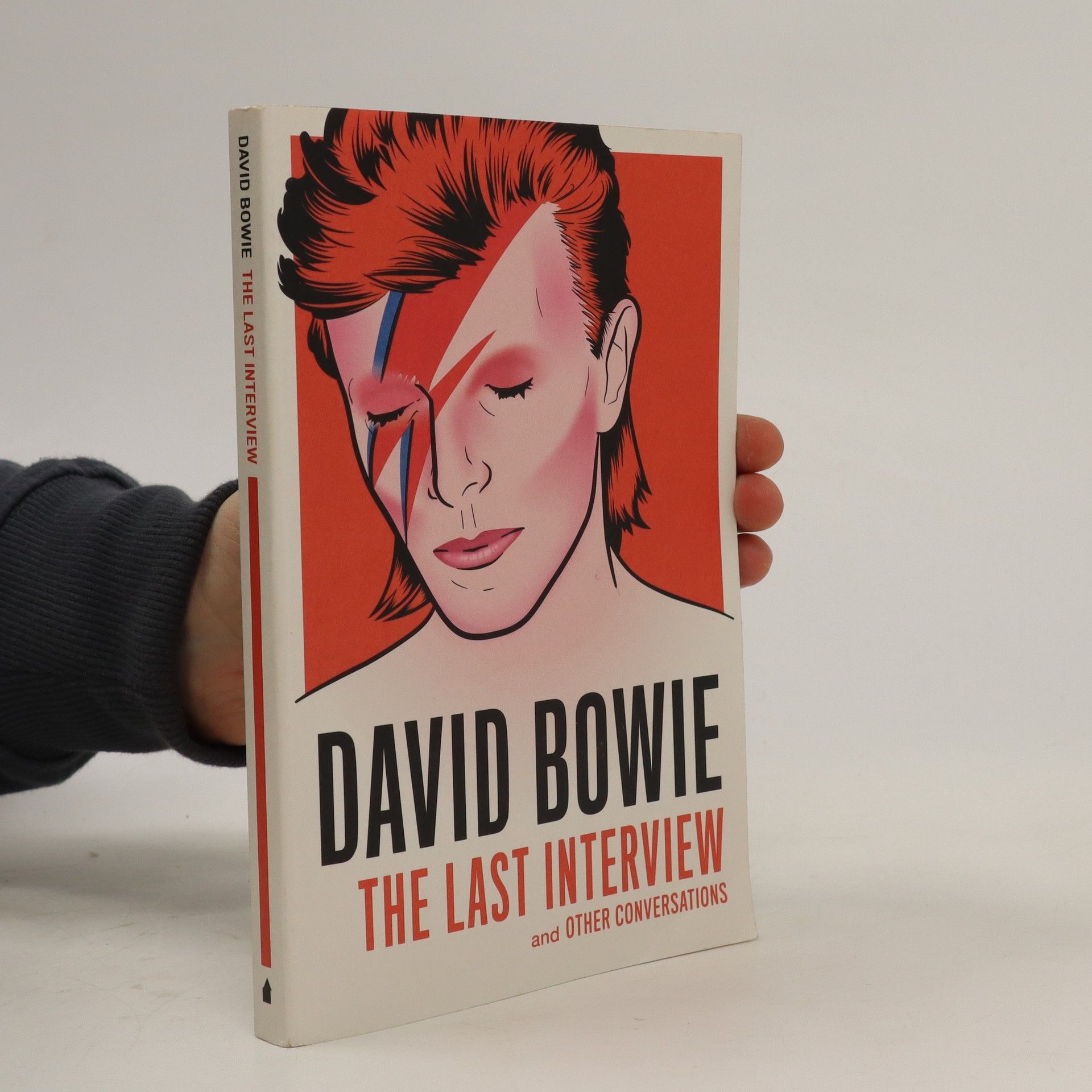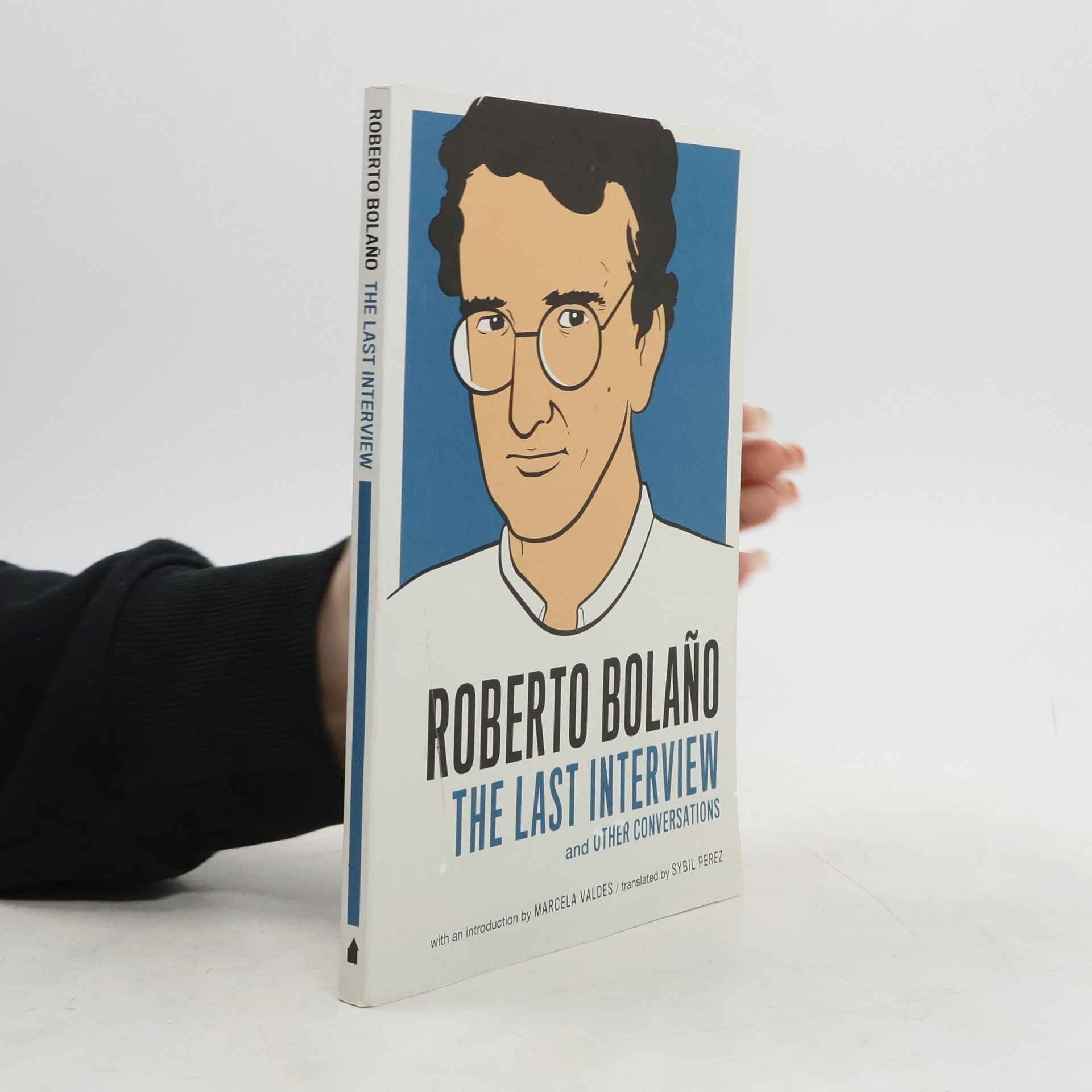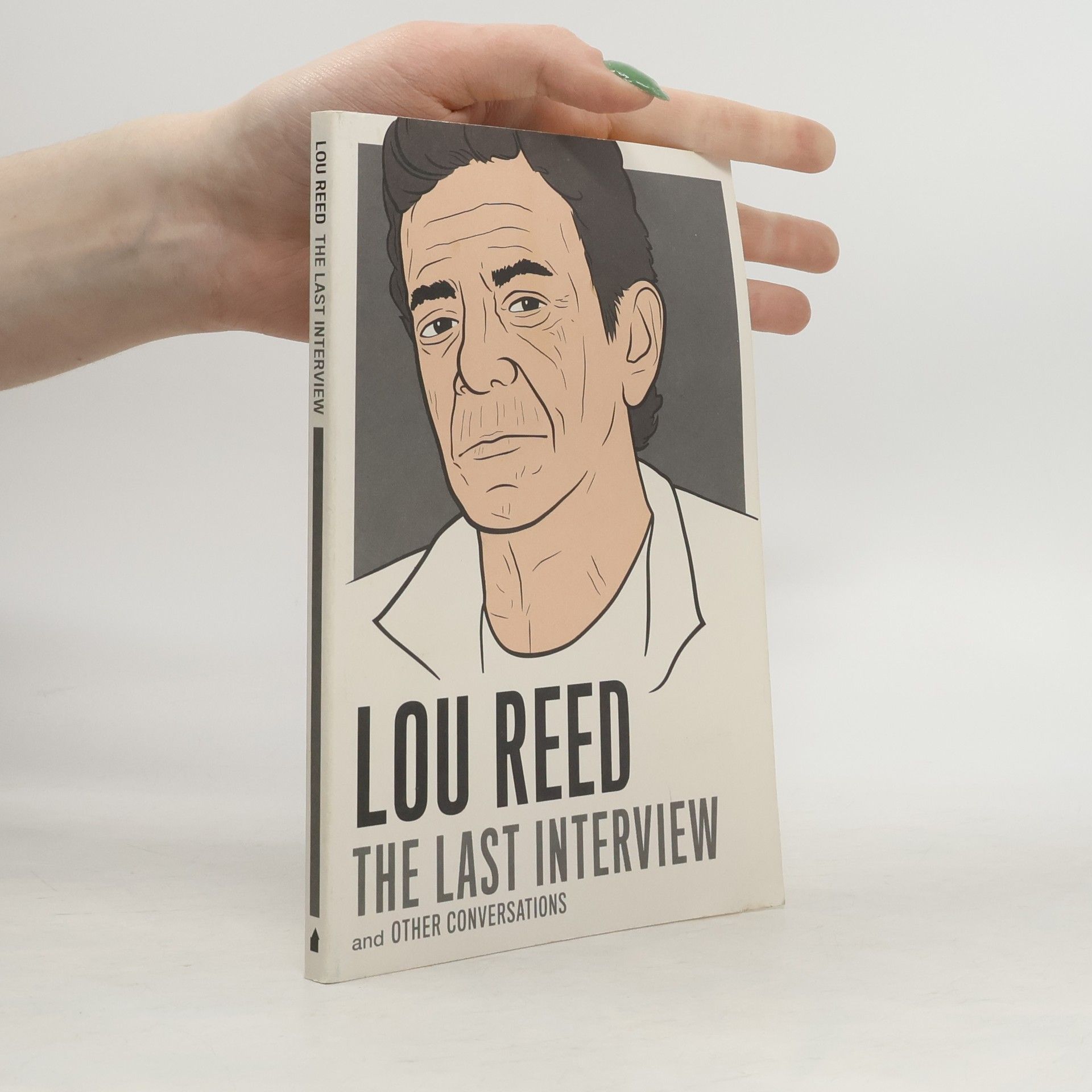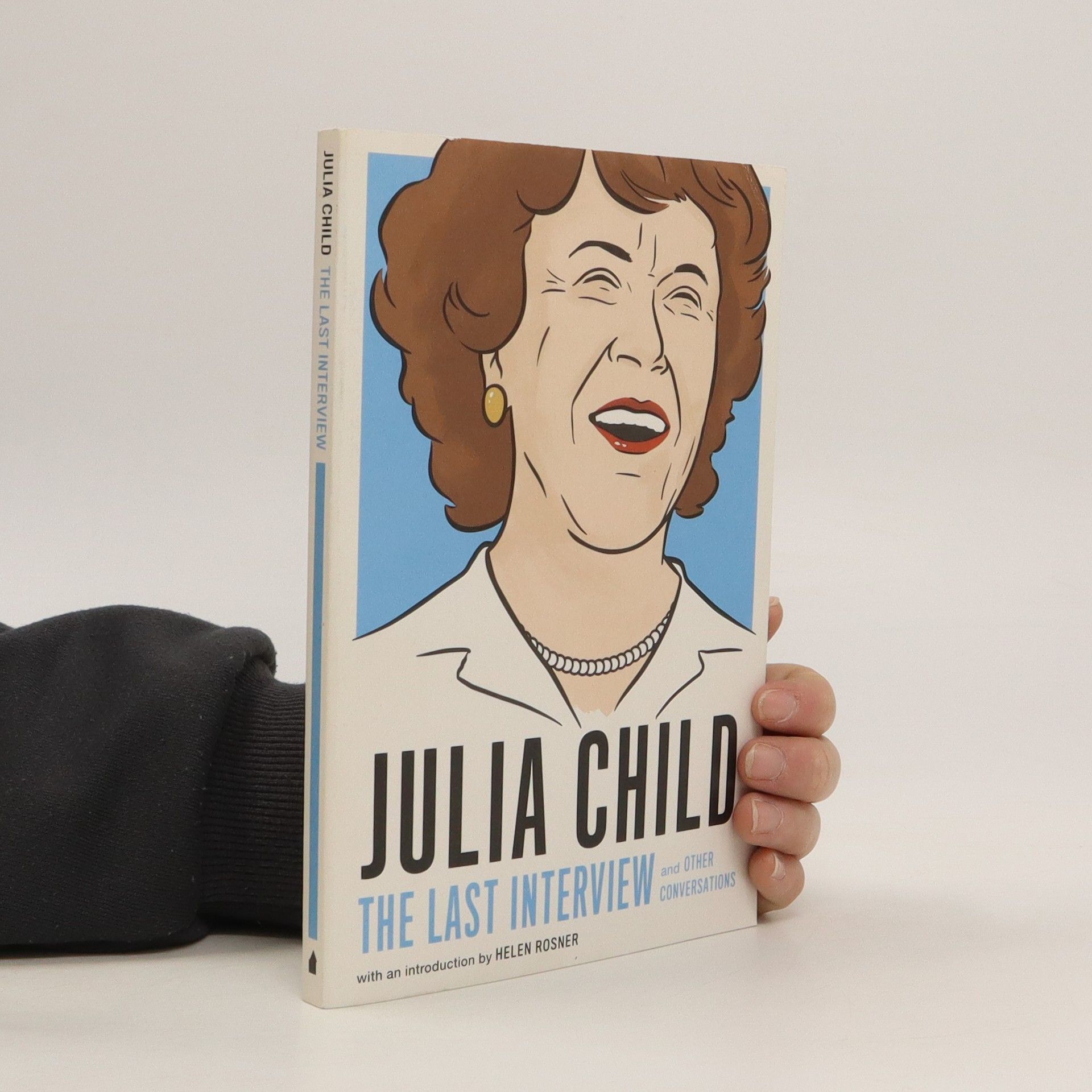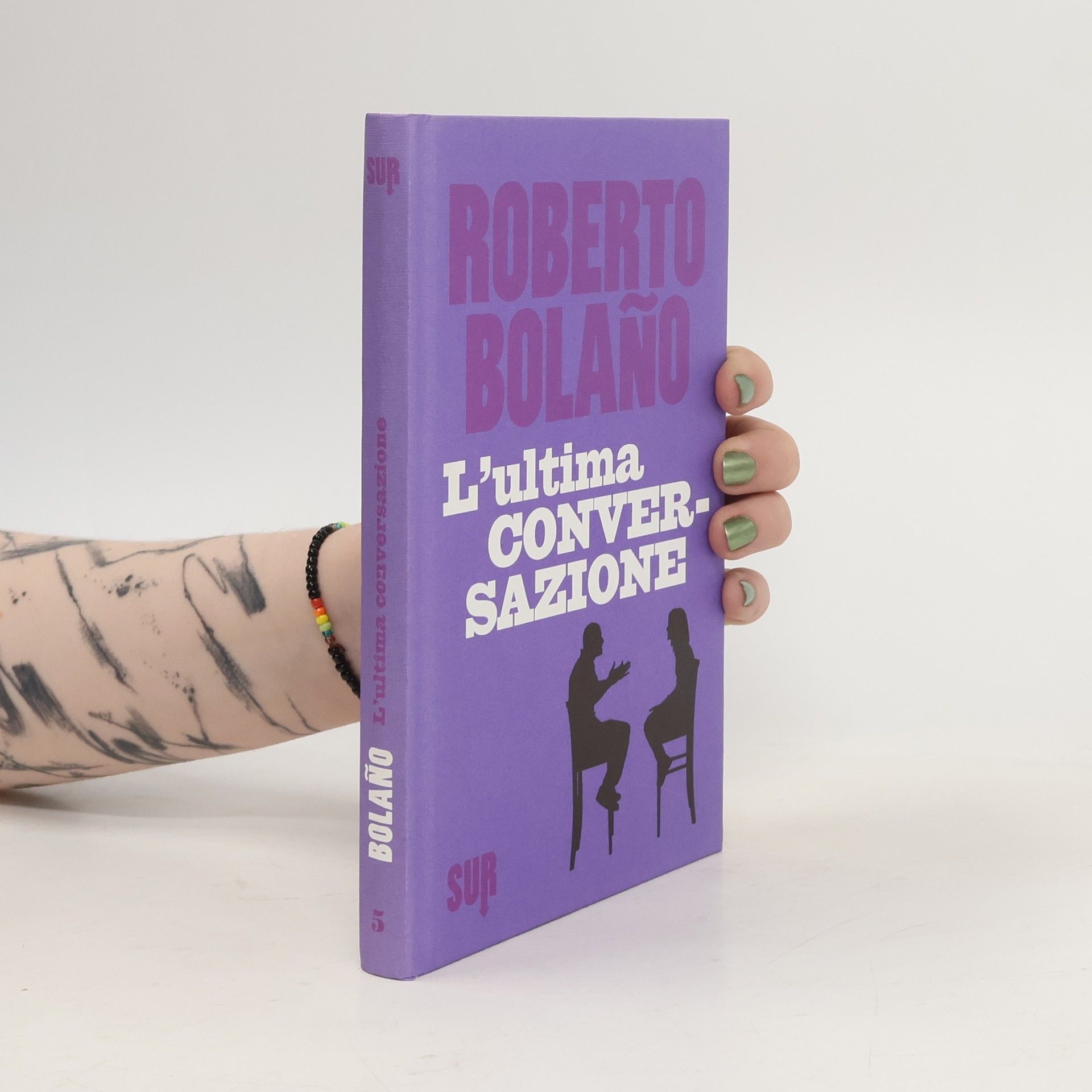Ernest Hemingway: the Last Interview
- 84bladzijden
- 3 uur lezen
This extraordinary collection of interviews with the iconic Nobel Prize-winning author will make you feel like you’re having a drink with Hemingway himself.Hemingway was not only known for his understated style, but for his public image as America’s greatest author and journalist—and for the grand, expansive, adventurous way he lived his life. The prickly wit and fierce dedication to his craft that defined Hemingway’s life and work shine through in this unprecedented collection of interviews.
